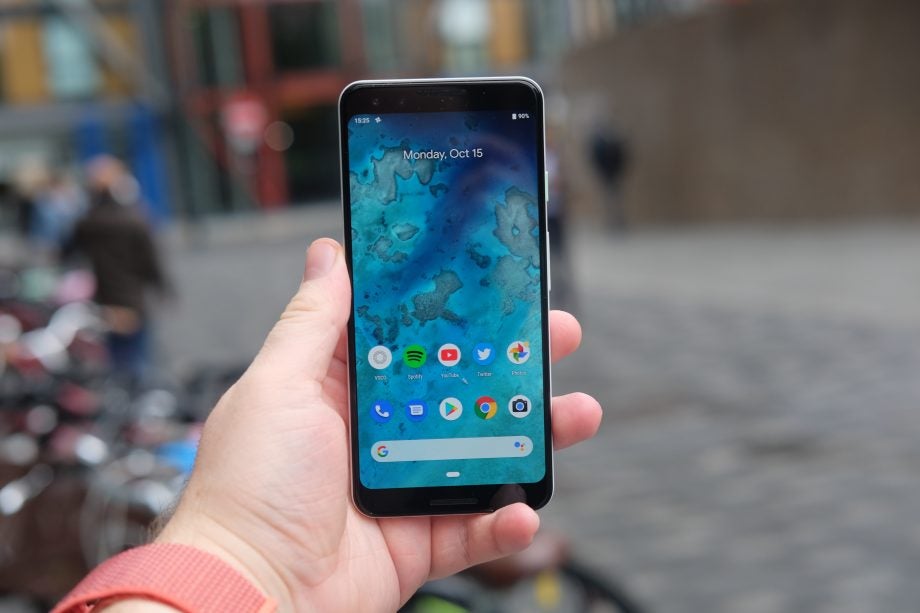Android is about to change dramatically in Europe – here’s how

Google will no longer offer smartphone manufacturers free access to the Play Store and popular apps like Gmail, YouTube and Google Maps in Europe, in response to EU anti-trust ruling.
The company says hardware makers will have to pay a licensing fee in order to pre-install many of its services on Android smartphones sold in the European Economic Area (EEA). One licensing package will feature the likes of Play Store, Gmail, Calendar, YouTube and Maps, while a separate licensing package will feature Google Chrome and Google Search apps.
The major change of tack for the company, which has always distributed Android and its suite of apps pre-installed on handsets, comes as following a $5 billion fine Google received from the European Commission for handcuffing the Search and Chrome apps to Android.
The company says because this practice had enabled it to fund the ongoing development of the free Android OS, that cash will be made up by a licensing fee. It’s not yet clear how much the license fees will be.
Essentially, this means Android manufacturers will be able to release phones with Google Search and Chrome, but not the Google Play Store and Google’s wider suite of apps. They could also eschew them all, but still use the Android operating system on their devices.
Related: Best Android phones
In the blog post, Hiroshi Lockheimer, senior vice president for platforms and ecosystems, wrote: “Device manufacturers will be able to license the Google mobile application suite separately from the Google Search App or the Chrome browser.
“Since the pre-installation of Google Search and Chrome together with our other apps helped us fund the development and free distribution of Android, we will introduce a new paid licensing agreement for smartphones and tablets shipped into the EEA. Android will remain free and open source.”
Google also says third-party manufacturers will now have much more freedom to interpret the Android operating system as they see fit. At the moment, manufacturers offering forked versions of Android haven’t had access to Google’s official apps. That changes, in response to the antitrust verdict.
Lockheimer added: “We’re updating the compatibility agreements with mobile device makers that set out how Android is used to develop smartphones and tablets. Going forward, Android partners wishing to distribute Google apps may also build non-compatible, or forked, smartphones and tablets for the European Economic Area (EEA).”
Google is still appealing the EU antitrust verdict, but the new rules will come into play on October 29 in the EEA.
Do you think Google is going about complying with the EU in the right way? Drop us a line @TrustedReviews on Twitter.


